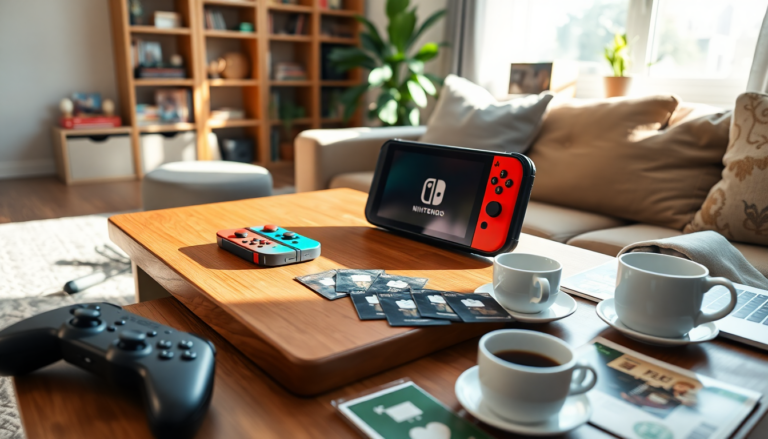Argomenti trattati
Nintendo has reportedly started sending out surveys to users in Japan, asking for their thoughts on the controversial game-key cards for the Nintendo Switch 2. These cards have ignited considerable debate among gamers since their announcement, and it seems Nintendo is eager to engage directly with players to gauge their opinions on this new distribution method.
What are game-key cards?
So, what exactly are these game-key cards? For the Nintendo Switch 2, they represent a fresh take on game distribution, sitting somewhere between traditional physical copies and digital downloads. Unlike standard game cartridges, these new cards don’t actually hold the game. Instead, they require players to download the game once the card is inserted into the console. This hybrid model raises some interesting questions about the future of game ownership and accessibility.
While the idea of game-key cards might entice some players, it also comes with its fair share of challenges. On one hand, they allow for the resale of used games—a feature many gamers value. On the flip side, they function more like a license to play rather than a physical product, which is a big concern for traditionalists who cherish tangible game copies. Could this shift have broader implications for game preservation and ownership rights down the line?
Player reactions and potential backlash
The introduction of game-key cards hasn’t exactly rolled out the welcome mat. Players have voiced various concerns about this new system, particularly regarding the reliance on digital downloads and its impact on game ownership. Many gamers feel that buying a game-key card resembles leasing a game rather than owning a physical product. If Nintendo doesn’t address these concerns effectively, it could face significant backlash.
In its outreach efforts, Nintendo has clarified that it doesn’t plan to use these game-key cards for first-party titles. However, several third-party publishers have already jumped on this model, citing the high costs tied to traditional cartridge formats. This decision raises further questions about the future direction of game distribution in the industry and its effects on both consumers and developers.
The future of gaming distribution
As Nintendo continues to innovate in how it delivers content, the feedback gathered from these surveys will likely play a vital role in shaping future strategies. While the game-key card system presents certain advantages—like the ability to resell games—it also introduces challenges that warrant careful consideration. The gaming community is keeping a close eye on how Nintendo navigates this transition, and the feedback from these surveys could significantly influence the company’s approach to game distribution moving forward.
For now, players in Japan have the chance to voice their opinions directly to Nintendo, and it’s yet to be seen how the company will respond to the feedback it receives. As the gaming landscape continues to evolve, the consequences of these changes will surely resonate throughout the industry.

